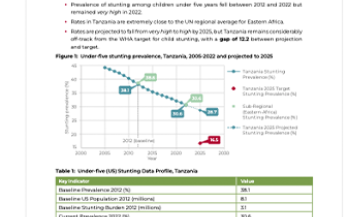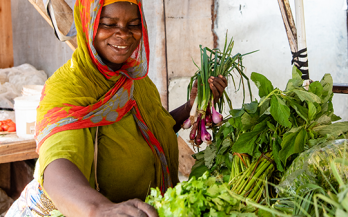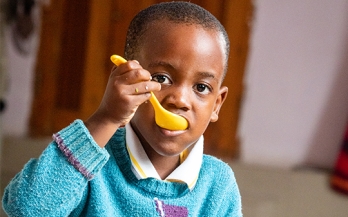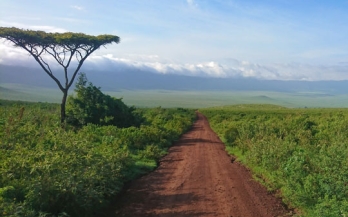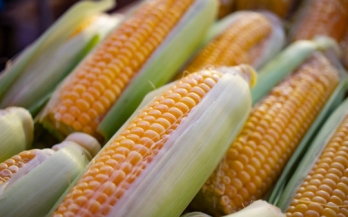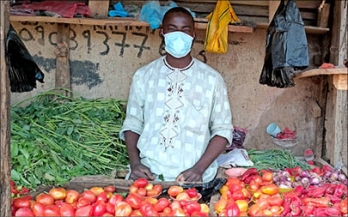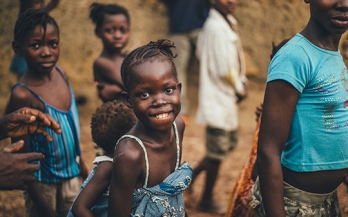- 11/10/2025
Youth in Tanzania are active at the community level but remain largely absent from formal
governance. There is potential for Tanzanian youth to more actively help Tanzania in its ambition to
achieve a nutrition-sensitive, climate resilient, inclusive food system.
- 03/06/2025
The food safety regulatory framework in Tanzania is characterized by the absence of a comprehensive, overarching policy framework dedicated solely to food safety. Instead, food safety governance is fragmented across various laws and regulations managed by different institutions each addressing specific aspects of food safety.
- 16/05/2025
WHA Global Nutrition Stunting Target 2012-2025
Achieve a 40% reduction in the number of children under-5 who are stunted
WHA Global Nutrition Overweight Target 2012-2025
Ensure that there is no increase in childhood overweight
- 23/05/2024
Buguruni market is a traditional food market in Dar-es-Salaam, Tanzania with about 2,630 vendors selling their produce to about 70,000 consumers daily. In a rapid assessment conducted in 2020, almost a third of consumers reported concerns related to food safety when shopping in the market.
- 17/10/2022
The launch of the National School Feeding Guideline offers a strong lifeline to scale the provision of nutrient-dense fortified foods in schools.
- 20/04/2022
Tanzania’s comprehensive process of holding national and subnational dialogues, which informed its pathway document for the United Nations Food Systems Summit, is evidence of a strong political commitment to food systems transformation.
- 10/09/2020
The Commercialisation of Biofortified Crops (CBC) Programme was launched in 2019 to address widespread hidden hunger in Africa and Asia by significantly expanding the reach of foods and food products made with biofortified staple crops.
- 13/09/2021
From October 2020 to December 2021, EatSafe conducted bi-weekly consumer and vendor surveys in traditional markets to assess the functioning of markets and market actors under COVID-19. The resulting Bulletins and Traditional Market Reports present detailed reports on trends in consumer resilience, vendors' business impacts, and food price changes.
- 09/08/2021
Understanding the rapidly changing situation for vendors in traditional markets and the consumers that rely on these markets can provide vital information for determining what is needed to ensure the availability of affordable, safe, nutritious food during the COVID-19 pandemic.
- 06/06/2021
The COVID-19 pandemic is a multiplier of vulnerability, compounding threats to food security and nutrition (FSN) while exposing weaknesses in food systems. In response, the Global Alliance for Improved Nutrition (GAIN) developed the Keeping Food Markets Working (KFMW) programme to provide targeted support to help sustain core food systems.


